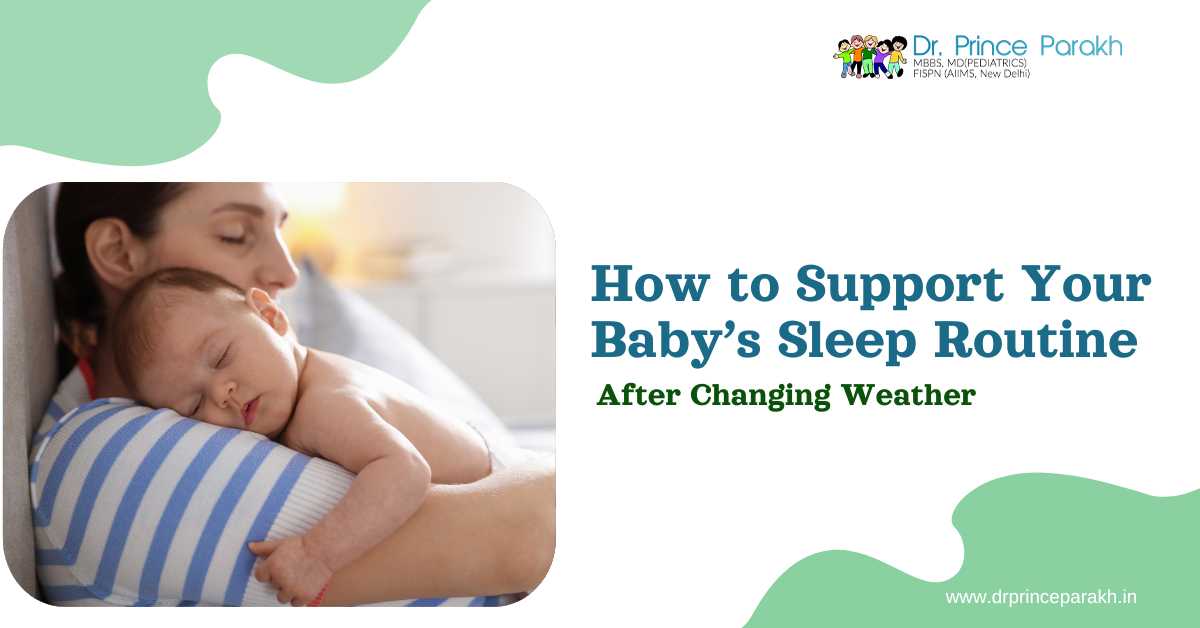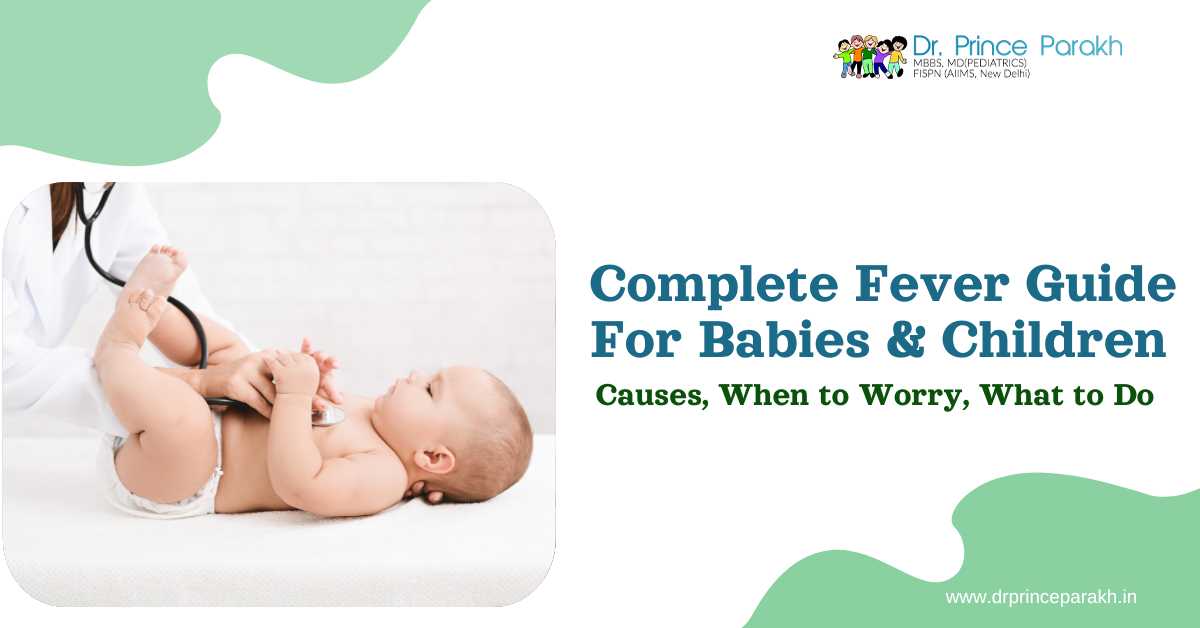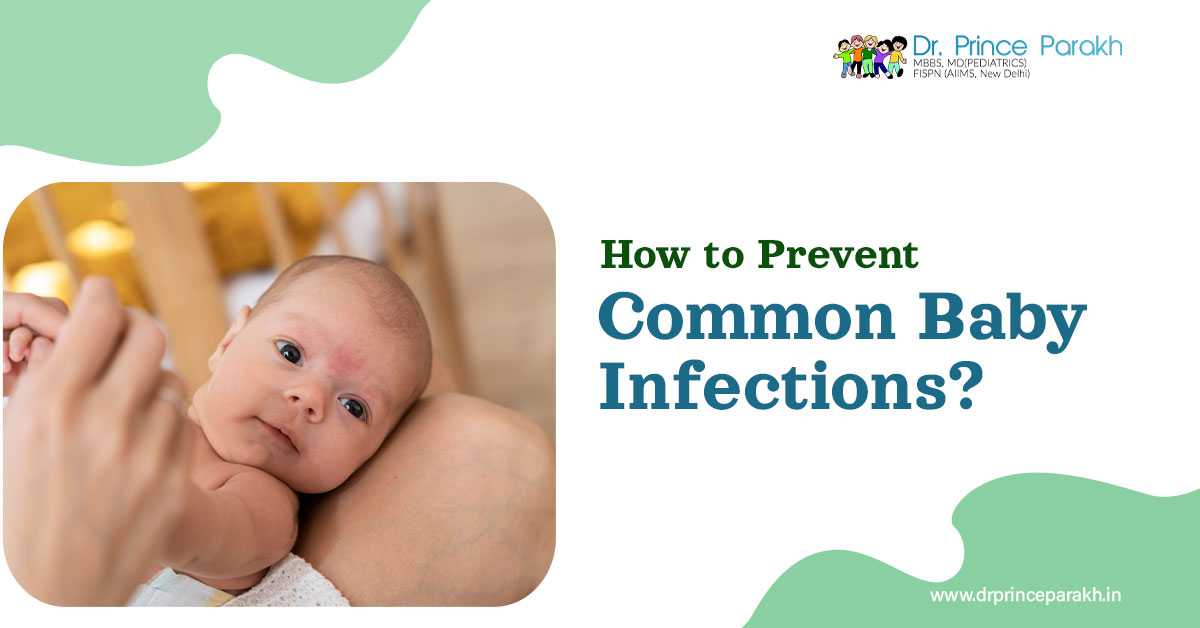Getting your child the right vaccinations at the right time is the first step in protecting their optimal health. As a parent, protecting your child's health and safety is vital to you. Vaccines for children guard them against dangerous, sometimes fatal illnesses, many of which have no known treatment.
This reading gives you a clear baby vaccination chart by age, so that it becomes easy for you to navigate. The 12 vital vaccinations that kid requires will be covered in this blog, along with their functions and when your child should have them, all in straightforward, understandable language.
Why Are Childhood Vaccines Important?
You should know that your kids’ immune system is trained to fend off harmful pathogens via vaccines. They serve as little body exercises, assisting your kids in developing strong defenses.
Childhood vaccinations are vital for the following reasons. Let’s have a look:
- Keep your kids safe from fatal illnesses, including whooping cough, polio, and measles.
- Protect others, particularly infants too young for vaccinations, by fostering herd immunity.
- Decrease long-term health problems and hospitalizations.
- Ensure the safety of communities and schools.
Let’s Learn about 12 Essential Childhood Vaccines (With Schedule)
1. Hepatitis B (HepB)
- First dosage: At birth (within 24 hours)
- Second dose: A month or two
- Dosage three: 6–18 months
Why is this vaccine important?
2. Rotavirus (RV)
- First dosage: Two months
- Second dosage: Four months (a third dose at six months is required by certain brands).
Why is this vaccine important?
3. Diphtheria, Tetanus, and Pertussis (DTaP)
- Five dosages in total: During periods 2, 4, 6, 15–18 months, and 4-6 years
Why is this vaccine important?
4. Haemophilus influenzae type b (Hib)
- First dosage: Two months
- Second dosage: Four months
- Third dosage: 6 months for this (if needed)
- 12- to 15-month booster
Why is this vaccine important?
5. Pneumococcal Conjugate (PCV13 or PCV15)
- First dosage: Two months
- Second dosage: Four months
- Third dosage: Six months
- 12- to 15-month booster
Why is this vaccine important?
6. Inactivated Poliovirus (IPV)
- First dosage: Two months
- Second dosage: Four months
- Dosage three: 6–18 months
- Booster dose at four to six years
Why is this vaccine important?
7. Influenza (Flu Shot)
- Yearly, beginning at six months of age
Why is this vaccine important?
8. Measles, Mumps, and Rubella (MMR)
- First dosage: 12–15 months
- Second dosage: 4-6 years
Why is this vaccine important?
9. Varicella (Chickenpox)
- First dosage: 12–15 months
- Second dosage: 4-6 years
Why is this vaccine important?
10. Hepatitis A (HepA)
- Two doses: One at 12–23 months and another 6 or 18 months later.
Why is this vaccine important?
11. Human Papillomavirus (HPV)
- First dosage: Begin when you are 11 or 12 years old.
- Second dosage: Two doses separated by 6–12 months
- Dosage three: Needed if beginning at age 15 or older.
Why is this vaccine important?
12. COVID-19 Vaccine (for eligible age groups)
- Depending on the brand and the age of the kid advised by a pediatrician.
- As per CDC advice, babies at six months and older are able to take shots.
Why is this vaccine important?
Tips to Help You Stay on Track with Vaccines
- Maintain a printed copy of your vaccination records for childcare and school.
- During well-child visits, speak with your pediatrician and ask questions if you have any.
- Your child's specialist (pediatrician) is here to assist parents, so clear doubts if you're not sure.







